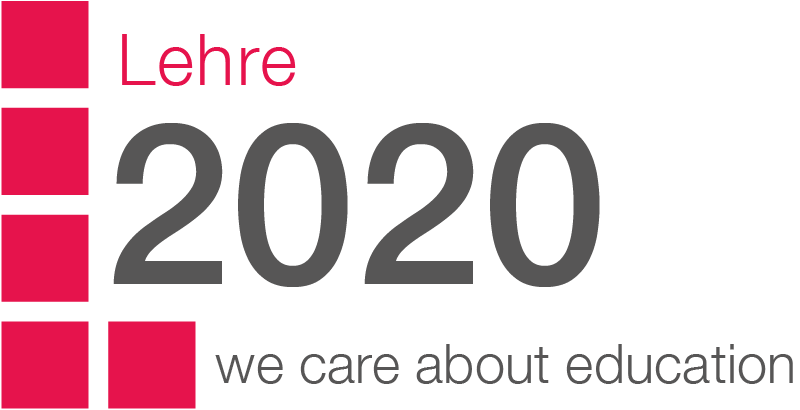Im Handbuch Kompetenzentwicklung im Netz haben Sandra und ich einen grundlegenden Beitrag zur Maker-Bewegung geschrieben. Natürlich liegt bei uns der Schwerpunkt auf der Bildung von Schulkinder und Jugendlichen.
Einleitung:
Während offene Werkstätten eine lange Tradition in der Kinder- und Erwachsenenpädagogik haben, hat sich mit der Verbreitung von digitalen Technologien wie dem Laser Cutter, dem 3D-Drucker oder auch Schneideplotter eine neue Variante dazugesellt: Selbermacher/innen, die diese Geräte günstig mieten bzw. auch kostenlos in Anspruch nehmen wollen, nutzen die sog. Makerspaces und Fablabs. -Dies sind zwei der Bezeichnungen für Treffpunkte einer Generation von Selbermacher/innen, die auch, aber nicht nur, mit digitalen Technologien, Werkzeugen und Produktionsweisen Produkte entwickeln und produzieren. Auch in den Schulen sowie der Kinder- und Jugendarbeit findet die sog. “Maker-Bewegung” ihren Niederschlag. Mit Kindern werden Spiele und andere Apps programmiert, Modelle für den 3D-Drucker modelliert, Roboter gelötet oder am Schneidplotter beflockte Folien für T-Shirt-Applikationen ausgeschnitten.
[Entwurf @ ResearchGate]
Referenz: Schön, S., Ebner, M. (2017) Maker-Bewegung macht Schule: Hintergründe, Beispiele sowie erste Erfahrungen. Handbuch Kompetenzentwicklung im Netz. Erpenbeck, J., Sauter, W. (Hrsg.). Schäffer-Poeschel Verlag. Stuttgart. S. 257-270




